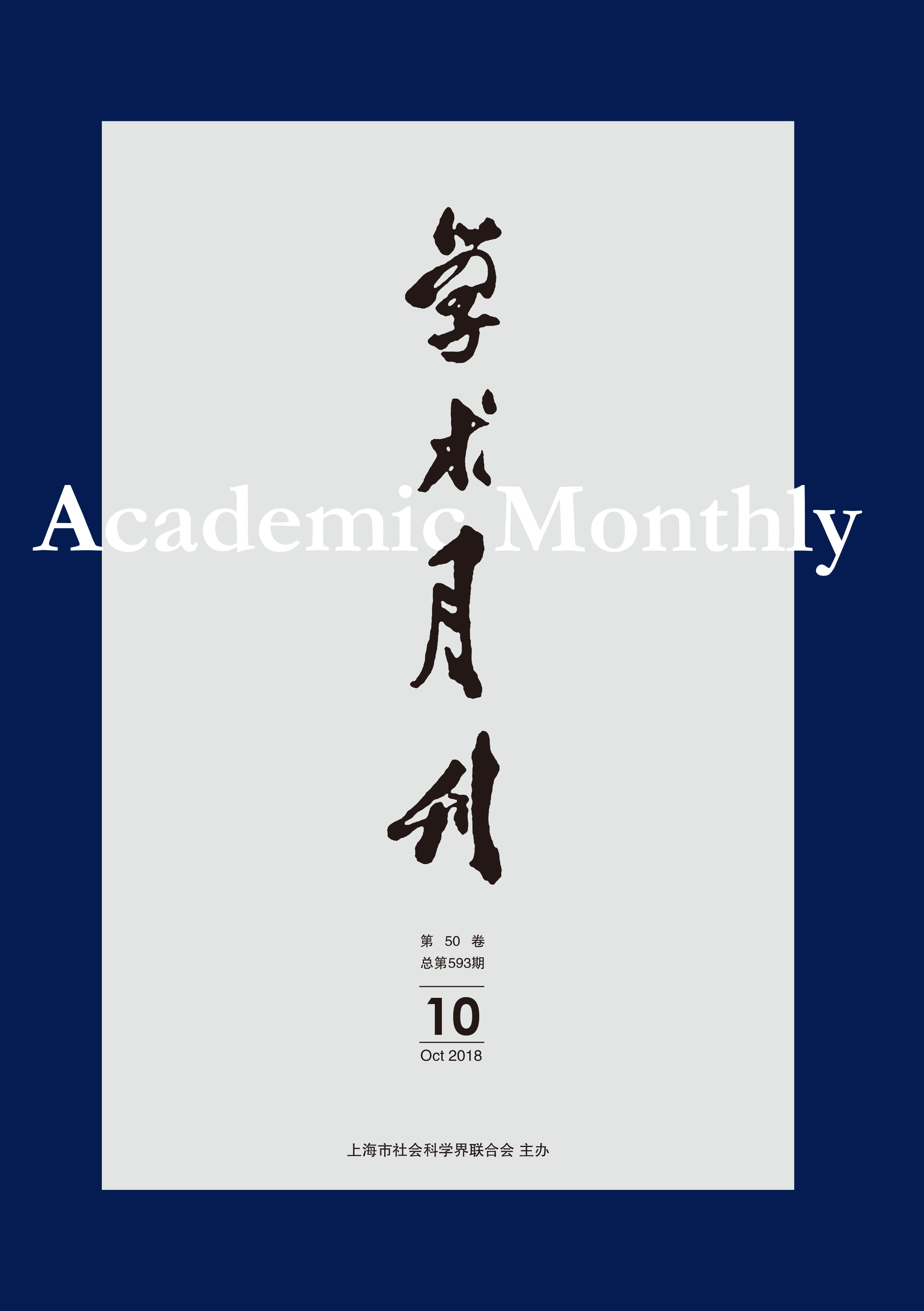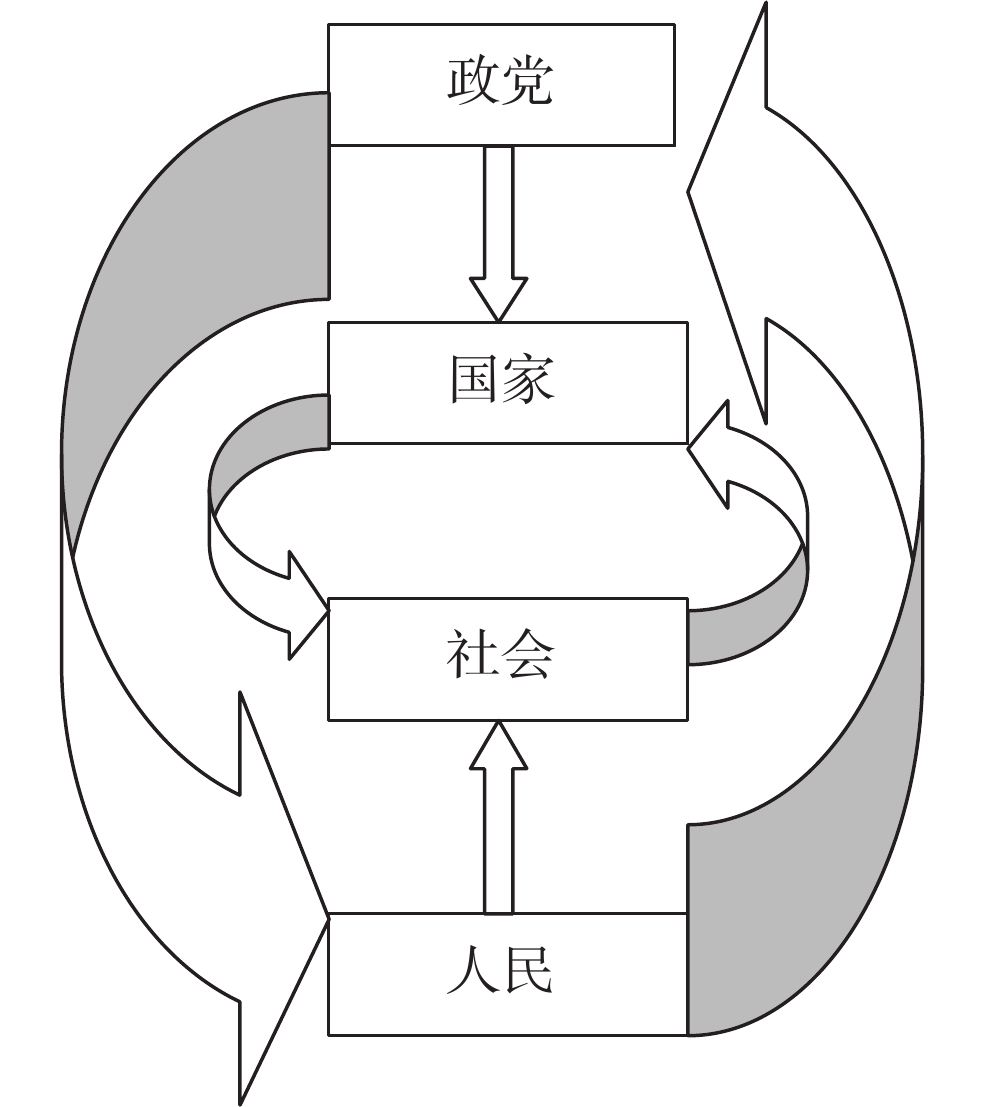Researching Democratic Centralism in the Perspective of the Chinese Revolution and World Politics
- Available Online: 2018-10-01
Abstract: Regime is the fundamental system to organize the country. In China, democratic centralism is the factual regime, embodying the principle of the party and state leadership. It runs through the relationship between the dimensions of " administrative-legislation”, " politics-economy”, " central-local” and " state-society”. Democratic centralism is also a policy process, which serves as the intermediary mechanism to connect the modern governance system and governance capacity, showing the capacity of system absorption, institutional organization and policy execution. The article attempts to compare democratic centralism with different political organizations in the perspective of history of the Chinese revolution and the changes of world politics, hoping to unearth the theoretical implications of democratic centralism.




 沪公网安备 31010102003103号
沪公网安备 31010102003103号 DownLoad:
DownLoad: